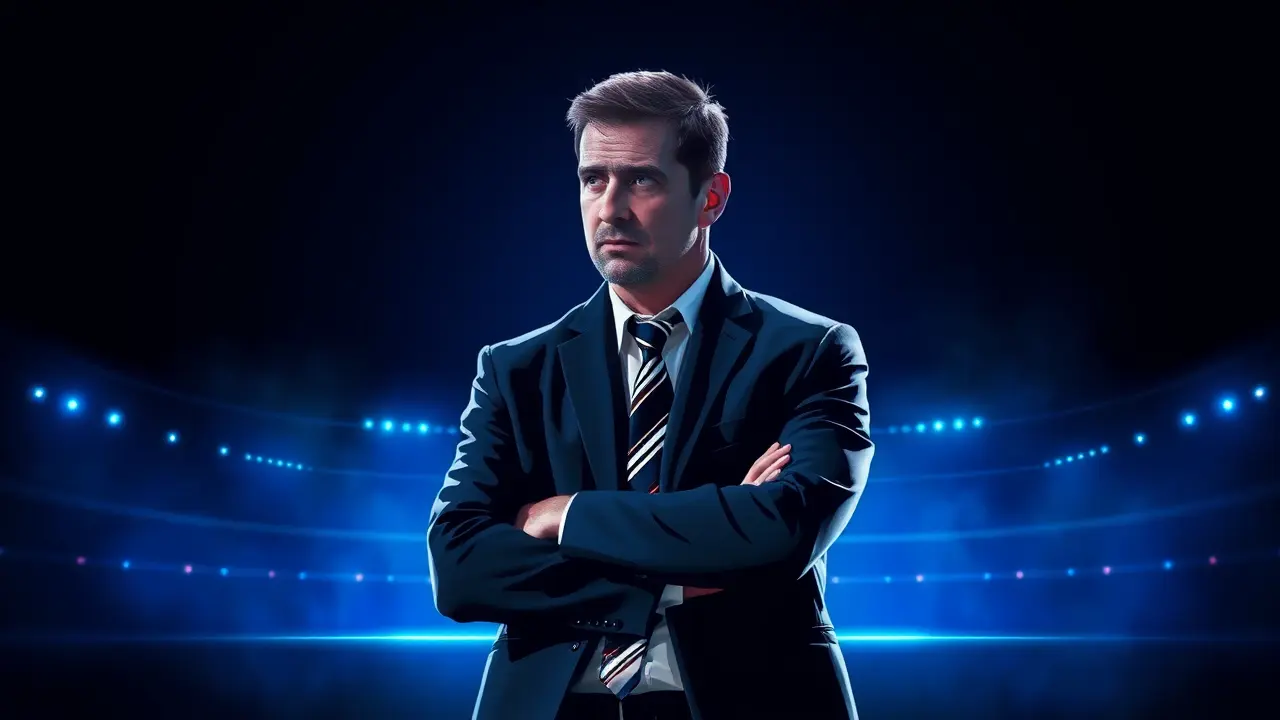Stojkovic Leaves Serbia Coach Post Without Compensation
The Football Association of Serbia has confirmed the departure of manager Dragan Stojkovic, a termination by mutual consent that marks a sudden and unceremonious end to a tenure that began with such promise back in 2021. In a move that speaks volumes about the nature of the separation, the 60-year-old specialist will walk away without any financial compensation, a rare occurrence in the high-stakes world of international football where lucrative payouts for sacked managers are the norm, not the exception.Stojkovic’s 55-match reign, yielding 26 victories, 14 draws, and 15 defeats, presents a statistical portrait of a team capable of flashes of brilliance but plagued by a maddening inconsistency, a side that could never quite translate its undeniable individual talent into a cohesive, tournament-threatening force. The current qualification campaign for the 2026 World Cup has seemingly been the final straw; sitting third in Group K, a single point behind a resurgent Albania and a distant eight points adrift of the seemingly untouchable England, the Serbian campaign has stalled, the engine sputtering just when it needed a turbo boost.This is more than just a managerial change; it’s a moment of profound national introspection for a football-obsessed country whose passion for the game is matched only by the weight of its expectations. Stojkovic, a legendary figure as a player whose technical grace earned him the nickname 'Piksi,' was supposed to be the architect who finally harmonized the nation’s gifted but often mercurial attacking talents—the likes of Dusan Vlahovic and Sergej Milinkovic-Savic—into a system that could compete with Europe’s elite.Yet, behind the scenes, reports from figures like former Atletico Madrid player Bogdanovic painted a picture of a regime in disarray, criticizing the coach's alleged inability to handle criticism, describing the team's preparation for matches as 'catastrophic,' and pointedly noting that his salary was equivalent to that of '70 surgeons,' a comparison that undoubtedly fueled public discontent as results failed to materialize. The narrative that Serbia had given Stojkovic everything, only for him to seemingly abandon the players at a crucial juncture, has taken root, creating a toxic atmosphere that made his position increasingly untenable.Now, the inevitable speculation turns to his successor, with names like Dejan Stankovic immediately surfacing. However, as Stankovic himself has acknowledged, while 'every Serbian coach dreams of this job, including me,' his current contractual obligations with Spartak Moscow make an immediate appointment 'too early,' leaving the federation in a precarious interim state.The consequences of this decision ripple far beyond the touchline. For the players, it represents another period of tactical and philosophical adjustment, another voice to heed in a career already filled with constant change.For Serbian football, it’s a critical juncture: do they seek another domestic legend to instill national pride, or do they look abroad for a pragmatic, system-based coach who can impose a disciplined structure, much like the late, great Bora Milutinovic did for so many nations? The choice will define their path not just to the 2026 World Cup, but for the next decade. Stojkovic’s legacy, therefore, is complex—a mix of unfulfilled potential, a failure to build a resilient team identity, and a stark reminder that in international management, past glories as a player offer no protection from the relentless pressure of the present. His exit without a payoff is a symbolic full stop, a clear message that the federation believes the team’s underperformance was a direct result of his leadership, closing a chapter that promised a renaissance but ultimately delivered more of the same frustrating inconsistency that has haunted the Serbian national team for years.
MA
Marko Jovanovic123k2 days ago
smh another rebuild for this team tbh such a talented squad but something just never clicked
0
